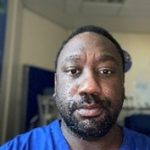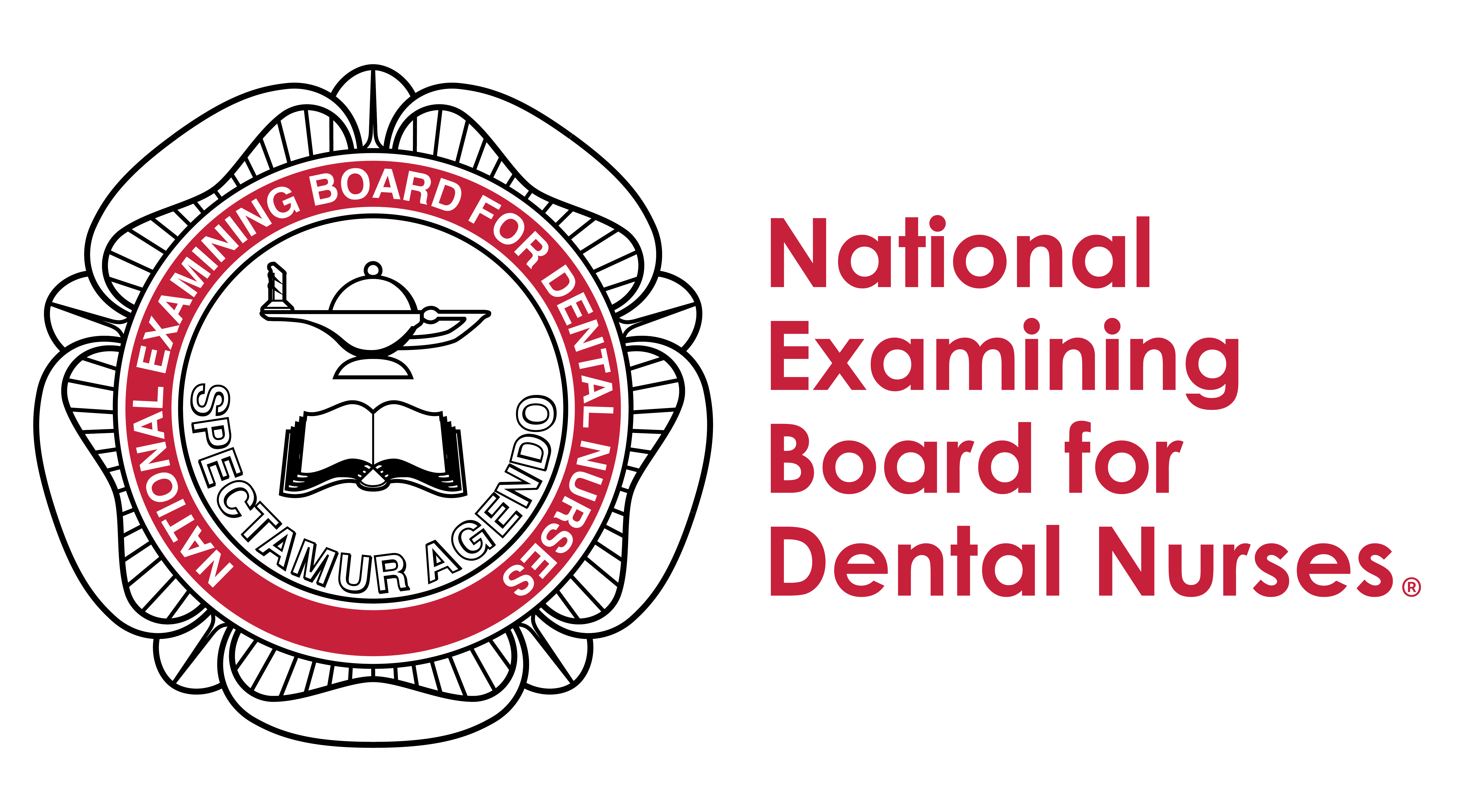Working for NEBDN as an Associate
This month we hear from Wayne Thomas, Dental Nurse at The University Dental Hospital of Manchester, to share his experience from trainee dental nurse to working as an Associate Examiner for NEBDN.
My association with NEBDN goes back a long way. It started back in 2010, when I began my journey as a trainee dental nurse. I studied at the Dental Team Education Centre (DTEC), based at King’s College Hospital in London. I had the choice of either the NVQ Level 3 in Dental Nursing or the NEBDN National Diploma. NEBDN has an excellent reputation, and the course was highly recommended, so I chose the National Diploma. I am glad to say this was the correct choice for my career, in the short and long-term.
The training and experience gained during my two years at King’s, gave me the skills needed to become the dental nurse I am today. I was working four days a week in the Dental Institute at King’s, rotating around the different dental departments every four weeks. The practical experience this gave me was invaluable. Treating patients in real time helped me learn the practical skills I would need, improved my communication skills dramatically, and gave me the confidence that I could do this as a career. I also had one day of classroom time every week, where I was taught the syllabus to prepare for the written exam, given materials to practice the manual skills of dental nursing, and given time to write up assessments for my Record of Experience (RoE). My tutor for the National Diploma was Rebecca Cox. She is a training coordinator at the DTEC and a Trustee for NEBDN. Rebecca was my first mentor, she helped me really buckle down with my studies and was very supportive in getting my RoE submitted on time. Her dedication and passion for dental nursing, and her incredible work ethic, was a real inspiration to me and definitely had a big influence on my career. All the knowledge and skills I had gained from my training, as well as the help and support from everyone involved with the course helped me and I managed to pass.
After I had been at King’s for two years and my training course had finished, I was a newly qualified dental nurse ready to get down to work. I had the option of finding a job in an NHS or private practice, but I was desperate to continue working in the hospital setting. However, there weren’t any jobs available at the time. Being unemployed for an extended period was not an option for me, so I found a job in practice. However, I missed the atmosphere of working in a hospital, the camaraderie with many people in different departments working in the same building. I missed the different types of patients and treatments that you get in the hospital setting. Luckily after a few months, I managed to get a job back at the hospital where it all started — King’s College Hospital.
My new role was not initially based at the hospital. Community Special Care Dentistry is a service that provides dental treatment at community-based health centres and sites in South London, for patients whom treatment by a general dental practice is unsuitable. These included people who have additional needs, complex medical conditions, severe mental health conditions and severe anxiety/phobia. Now my work was so much more than dealing with dental problems. We had to manage the logistics of treating a patient in an electric wheelchair. We had to be aware of our patient’s underlying medical conditions and be ready to act swiftly in the event of a medical emergency. It was sometimes a challenge to get some of our patients to sit in the dental chair.
Providing care to patients who are unable to access a dentist is the most rewarding aspect of Community dentistry. We treated patients at their homes, including care homes and assisted living facilities. Many of these patients had dementia or physical disabilities, they would have struggled to get help without our service. We also had a mobile dental unit to provide dental examinations and treatment at special needs schools, psychiatric hospitals and homeless shelters. Working in Community has been the most enjoyable and rewarding chapter of my career so far. I have helped the people in society who need it the most, and I’ve worked with amazing people. Community dentistry is unique. It requires a special blend of compassion, empathy and hard work.
I started working with NEBDN in 2014, helping out with the OSCEs, because I was excited to be involved in the process of producing the next generation of dental nurses. The exams ran twice a year over two days, and in multiple cities all around the country. I was recruited by Rebecca Cox, who was a Super Coordinator for NEBDN at the time. My job was to reset the OSCE stations after a candidate had finished, ready for the next candidate. The work was taken very seriously, but I had a lot of fun and had the chance to meet new people and network with dental professionals from all over the country, which was a great opportunity.
In 2016, I applied to become an Associate Examiner for NEBDN. My application was successful, and I was invited to an Examiner training workshop. The main objective was to learn how to assess candidates correctly. I watched video footage of previous OSCEs, marked the candidates using specific criteria, and received feedback on my assessment of their performance. The idea is to be objective, accurate, fair and consistent when evaluating a candidate’s performance. Prior to each OSCE, examiners are required to perform a standardisation exercise. This is to ensure that the strict marking criteria is followed so that all candidates are assessed consistently. Although NEBDN’s exams have now moved online, the role of the Associate Examiner is still crucial to the OSCE exams, as it still involves all the above just via an online platform.
I have examined for NEBDN many times since 2016 and there are always plenty of nerves, and some tears, from the candidates throughout the process, as it means so much to them, but as an examiner I must maintain calmness, professionalism and objectivity. The majority of the candidates do amazingly well which makes me so proud, and I can honestly say it’s the most enjoyable experience. I love it.
NEBDN has provided high-calibre qualifications for many years which is one of the reasons I chose to work with them over other Awarding Organisations. I have completed two NEBDN qualifications and the knowledge and skills I needed to complete these courses was extensive, and thoroughly prepared me for my role as a dental nurse. NEBDN is staffed with professionals who are dedicated and passionate about the development of dental nurses, and I share this drive to be involved in the future of the profession.
As a male in a female dominated profession, I feel this has been of benefit in my journey as a dental nurse. I have sometimes been able to connect to patients in a different way to some of my other colleagues. I have worked with children and younger people, and I feel that I have been an example of doing what you love, regardless of gender, race or any other perceived barriers.
If you would like to work with us as an Associate, please visit this page for more information.
Wayne Thomas

